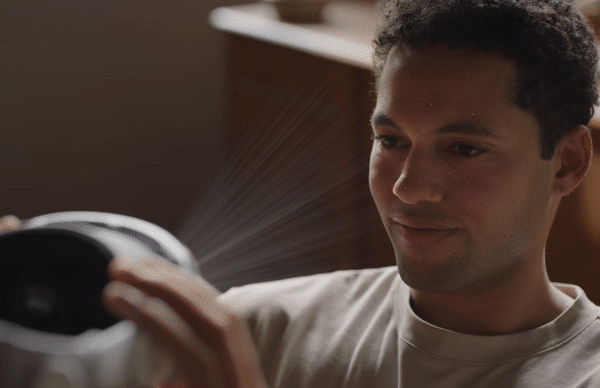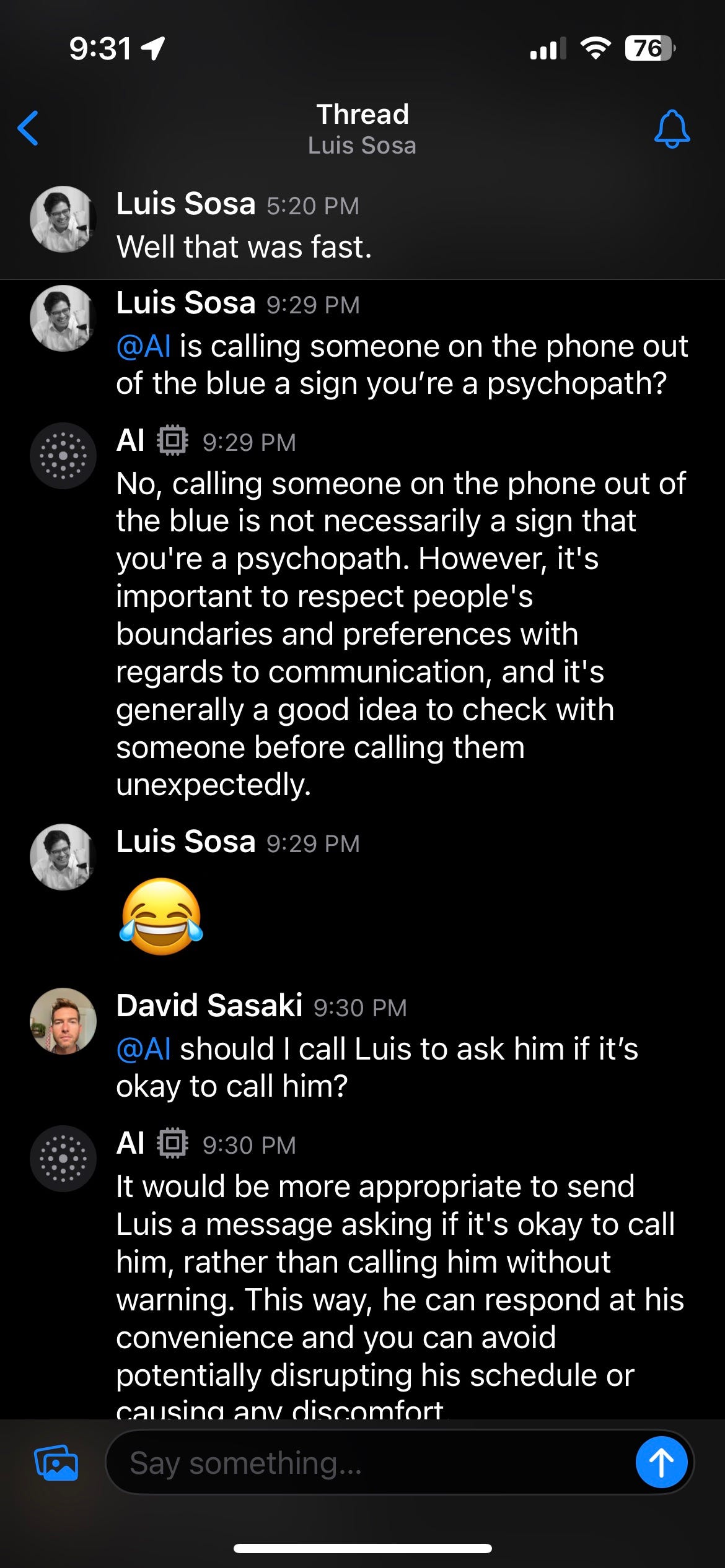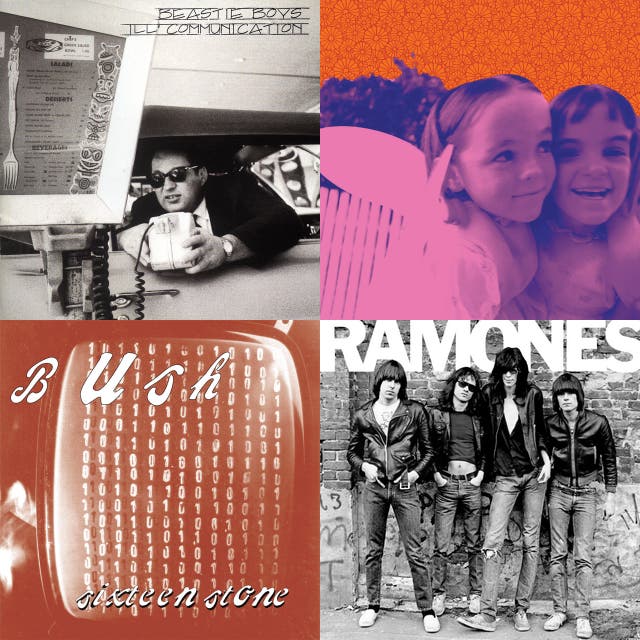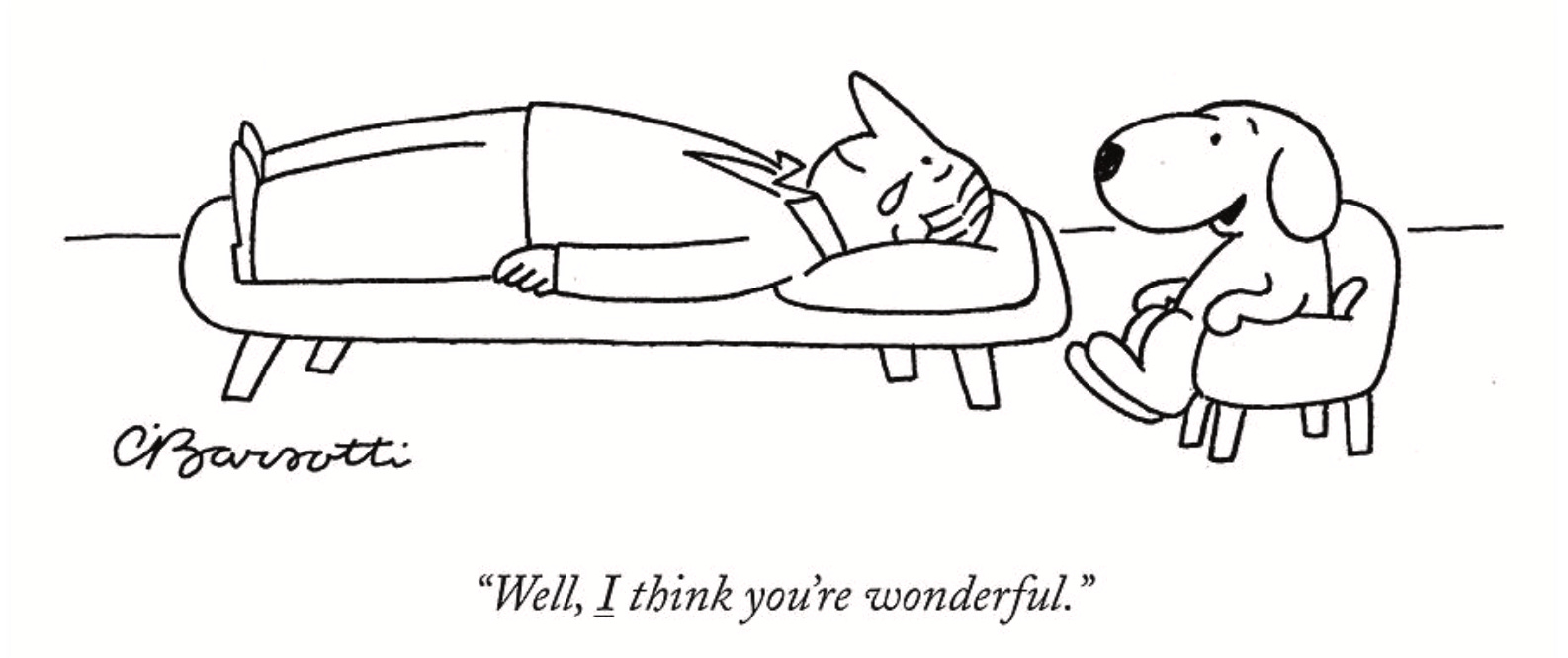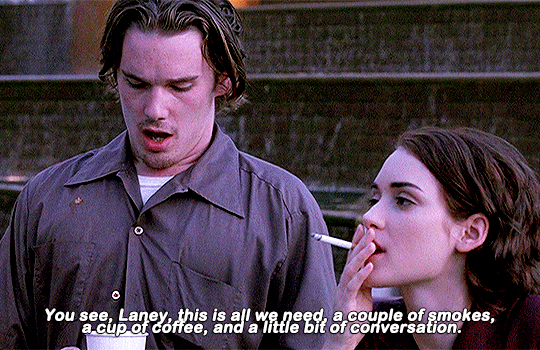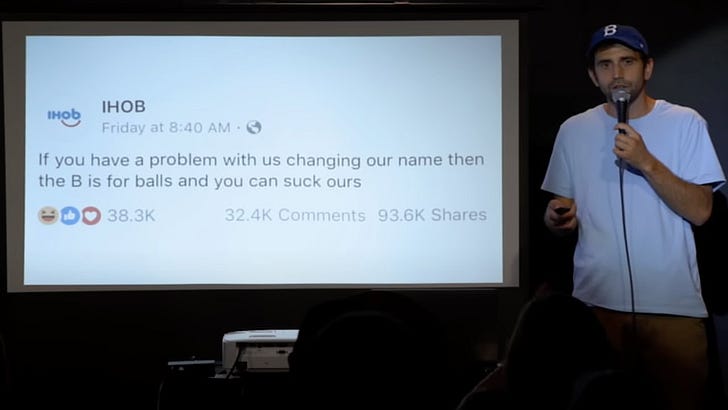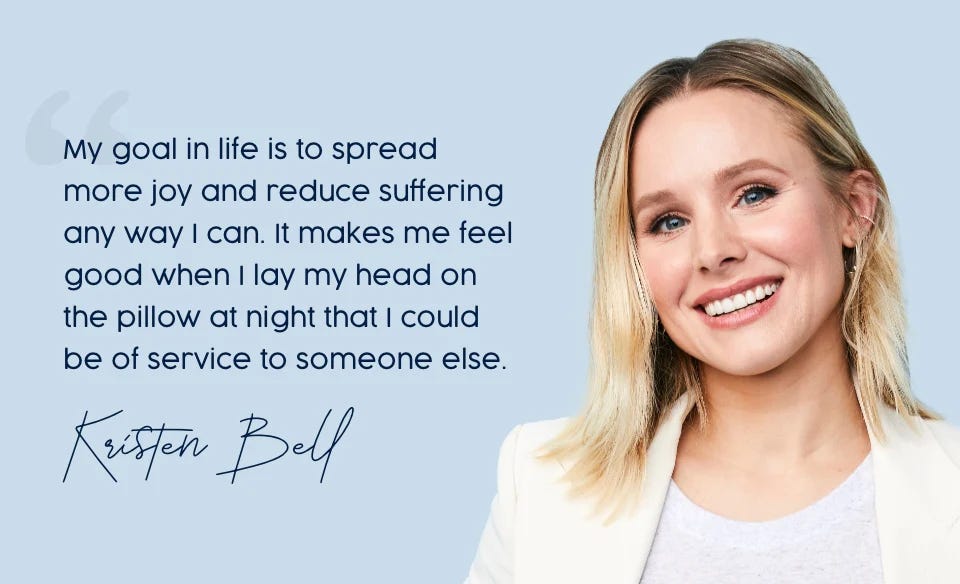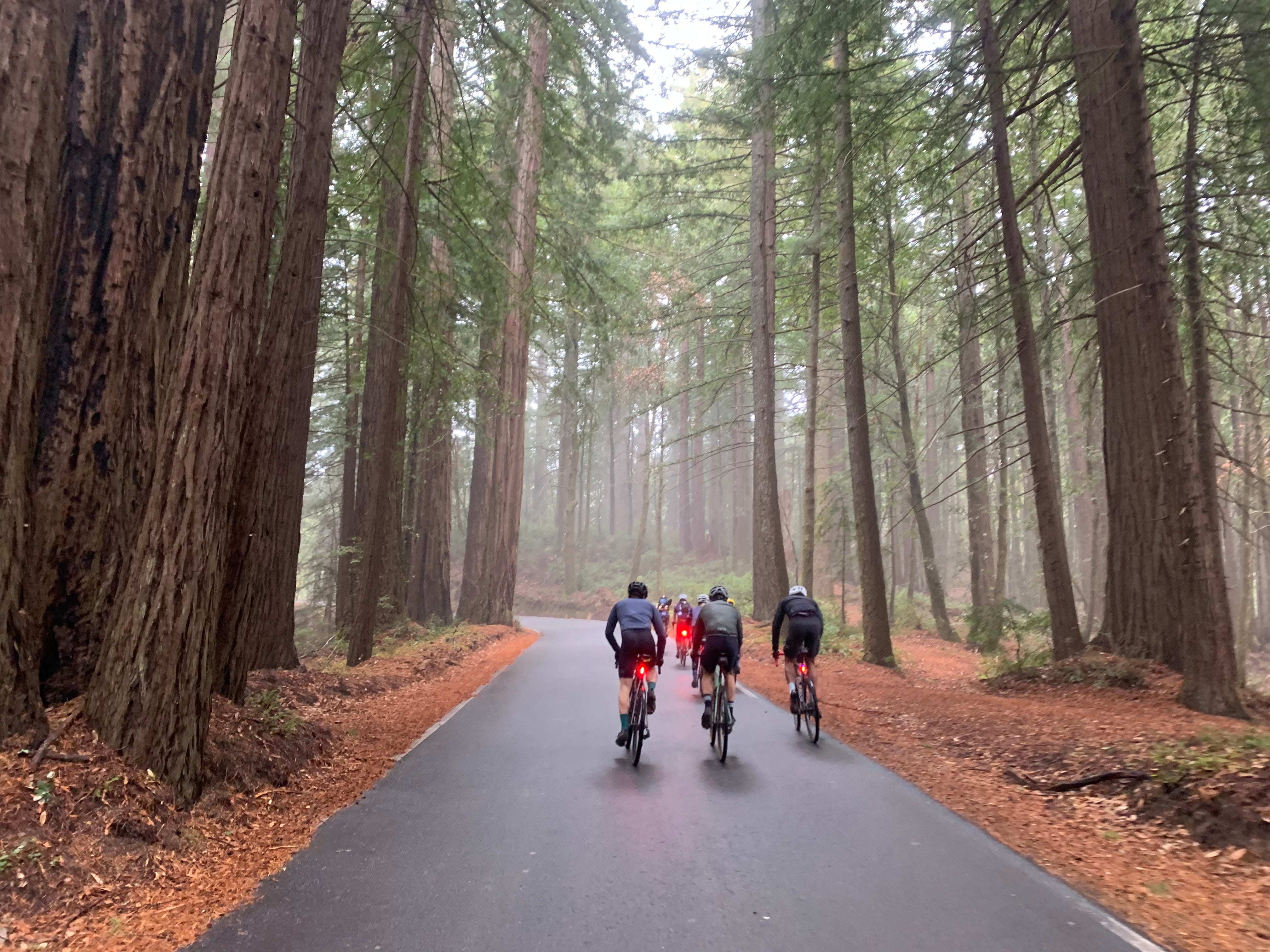Fear of doctors, fear of death 🩺
Description
Dear Friends,
I’m in Estonia this week for the Open Government Partnership Summit and I’m tripping out over how much the world has changed since I first attended the event in Brazil in 2012.
Dilma Rousseff had just been elected president and celebrated budget transparency in her welcoming address while Hilary Clinton followed with remarks about the importance of earning the trust of citizens. In my personal life, Iris and I had just started living together in Mexico City and days before my trip we adopted Coco as a tiny puppy.
Brazil was emerging as the second-biggest economy in the Western Hemisphere, and a global powerhouse. Their GDP more than doubled over the previous decade. They were preparing to host the World Cup in 2014 and the Olympics in 2016.
It blows my mind that just three years after her comments about budget transparency, Rousseff was impeached precisely for violating budget laws. Then in 2016, Clinton lost the election to Trump, and Lula was sent to prison for corruption. By 2019, Bolsonaro became president (until losing to Lula last year). And now you’re telling me that Trump could make a comeback? It’s all too wild to believe — yet another reminder that life is stranger than fiction.
Are men afraid of doctors? And what does it cost taxpayers?
My health insurance expires at the end of October (just as we move back to Mexico) and so I’ve gone all-in on what I’m calling my “100,000-mile check-up.” This includes:
* Bloodwork — cholesterol levels, etc.
* Colorectal cancer screening (Cologuard poop test)
* PSA prostate cancer screening
* Coronary calcium scan to measure my risk of heart disease
* Skin cancer screening by a dermatologist
* DEXA scan to measure bone density, visceral fat, and body composition
Men are notorious for avoiding doctor visits and ignoring our health. In every country, women live longer, healthier lives. Worldwide, men aged 15-40 are three times as likely to die as women. If you are a 34-year-old man in the United States, you have a 16% chance on average of dying from heart disease, cancer, diabetes, or lung disease before you turn 70. If you are a woman of the same age, it’s only 11%. New research in the UK found that men are twice as likely to die from a heart attack. (The government pleaded with men to “get a grip on their lifestyle” and began offering blood pressure check-ups at barber shops.)
How we choose to look after our health is personal, but the financial implications affect us all. For instance, five percent of Medicaid “super-users” account for over half of the program’s cost. And so, in an attempt to lower costs, doctors are now given annual salary bonuses based on the percentage of their patients who take preventative screenings, including cancer screenings.
Longevity coaches and the cancer screening debate
That sounds like a good thing, right? Why not avoid the high cost of treating cancer by detecting it first? But as I prepared for my cancer screenings, I discovered that it’s a topic of raging debate with a growing chorus of critics like Vinay Prasad who argue that we ought to be doing less cancer screening. On the other side of the debate is Peter Attia, a longevity doctor and podcaster who advises his clients to get screened for cancer every year!
Last week I went for a hike with a friend who was diagnosed with colorectal cancer in 2020 at the age of 37. He had his entire colon removed and rather miraculously is now cancer-free and able to go on weeks-long backpacking trips. In fact, he’s one of the most fit and energetic guys I know. We talked about the Black Panther actor Chadwick Boseman, who was diagnosed with stage-3 colon cancer at 39 years old before passing away four years later. And we discussed our own approaches to cancer screening amidst calls for less of it.
Here’s my reasoning for getting the tests: Even if I have cancer and the test fails to detect it, is that any different from not taking the test at all? And in the case that I don’t have cancer but receive a false positive, that will merely prompt another, more sensitive test to determine whether treatment makes sense (and oftentimes it seems that it doesn’t). I get that some people react to cancer diagnoses with exaggerated alarm which leads to overly aggressive treatments. But that’s not me, and I’m glad that I have the freedom to choose what works for me.
Am I afraid of death?
For whatever reason, I’m not afraid of doctors or dentists. But am I afraid of death? I’ve been thinking about it over the past couple of weeks as I prepared my will, envisioned my funeral, and now await the results of my cancer screenings. Does all of this come down to me trying to control something — when and how I die and what happens next — that is truly out of my control?
After Steven Pinker published Enlightenment Now, his case for “reason, science, humanism, and progress,” he was asked by David Marchese about the least rational activities in his own life. Cycling was at the top of the list. A lifetime avid cyclist, he asks himself:
“Given the value you put on your life and the fact that there’s even a very small probability of getting killed, does it outweigh the pleasure and health benefits from continuing to ride?”
Last week I wrote about the 0.3% chance that I will die in the next year. Of course, that is on average. Our true individual risk is some combination of genetics, access to healthcare, and where and how we live.
Insurance and healthcare companies are already using AI to come up with personalized risk profiles for each unique person. Auto insurers offer lower premiums based on devices and cameras that monitor how people drive. And Estonia (where I am this week!) uses digital health records to make personalized recommendations based on risk profiles. In the next decade, I’m sure we’ll all have personalized reports about our unique likelihood of disease, injury, and death. For me, I’m sure that cycling will be at the top of my risk list. Are you sure it’s worth it, the AI will ask.
Absolutely. Why live long if I’m not having fun?
I hope you have a great week,
David
PS: 8 years ago today, I married the woman of my dreams surrounded by loved ones in Seattle’s Golden Gardens Park just before the rain started to fall. For most of my 20s, I thought I was against weddings and marriage too, but I’ve learned that it’s good to change one’s mind from time to time.
This is a public episode. If you would like to discuss this with other subscribers or get access to bonus episodes, visit davidsasaki.substack.com



